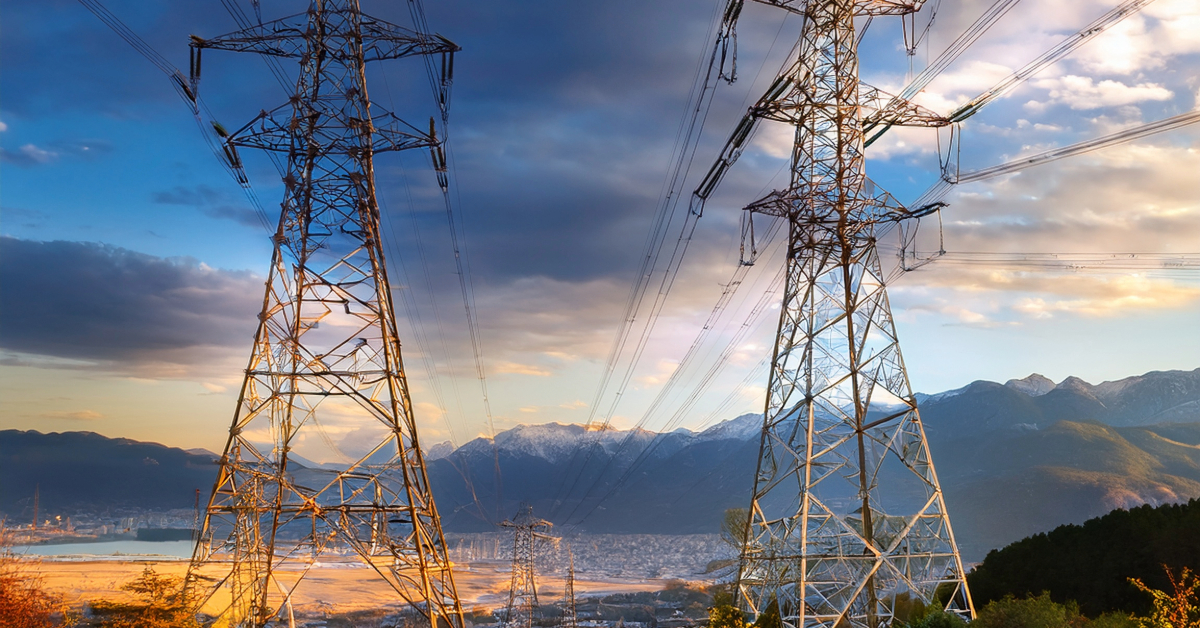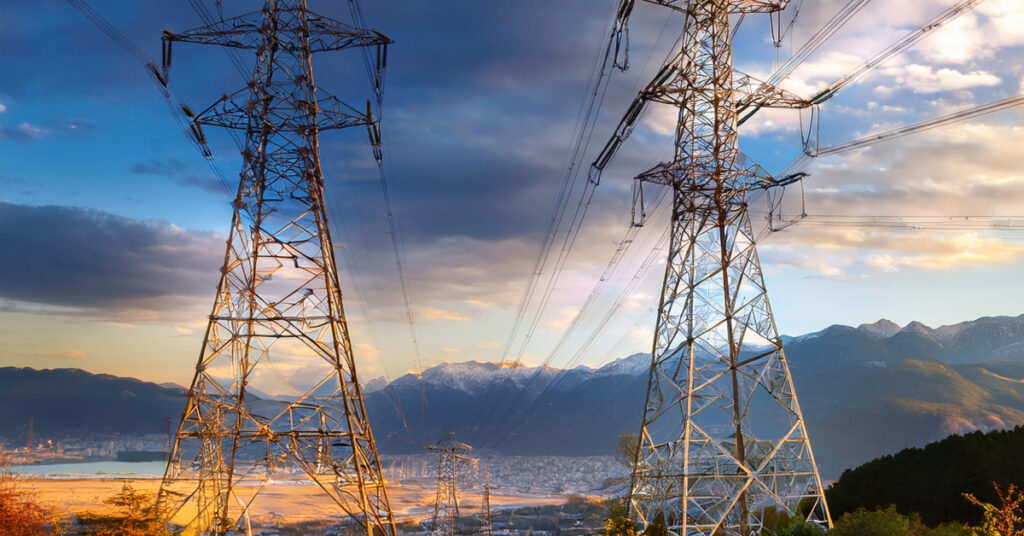The Energy Crisis: Where Do We Go From Here
By Branko Terzic

What is the “energy crises”?
It could be the national public perception[1] that the energy industry and government have failed to accomplish the basic task of providing for adequate energy supply at fair prices and with reasonable reliability and quality. The issues are different for the oil industry than for the electric power industry. Oil industry issues are those of rising world oil prices and in the US localized high prices for gasoline.
The electric power issues are the failure of California to successfully restructure its electric power industry resulting in high electric prices, power shortages and the financial failure of the state’s two largest electric utilities.
The “lesson” of California is that badly designed markets work badly.
It also cautions against regulation by legislation.
Another issue is that of impediments to future energy efficiency created by a Balkanized electric power structure in the US.
The issues for the natural gas industry fall somewhere in between. The commodity prices of gas rose quickly then fell as markets “worked” but there have been also price increases in gas pipeline transportation drawing regulatory attention.
Overall there is a lack of education and information about the historic institutional benefits of our system of independent regulatory agencies.
Where do we go from here?
We return to the “basics.” This means;
- Let the markets work, where competition is possible,
- Allow the independent regulators (FERC and state PSC’s) to do their jobs without unnecessary political intrusion in the details of regulation, (benefits will come “Simply because regulation is scientific.”[2]),
- Remove obsolete legislation such as PUHCA,
- Add only that amount of new legislation necessary to enable the independent regulatory agencies to do their jobs such as the President’s energy bill giving authority to FERC in multi-state power transmission siting.
- Regulators must explain their role and their decisions in terms all citizens can understand.
Remember that we are not alone in seeking to obtain the long-term benefits of competition in formerly monopoly segments of the energy industries.
The European Community has gone beyond the United States introducing market “liberalization” into the electric power and natural gas industries. The EC requires all member states to open up
their electric and gas systems to competition for consumer energy needs. The US does not have any national requirement and allows for each state to decide if, when and how energy markets will be open to competition. What do the Europeans know that we do not?
Branko Terzic speaking at the 12th Annual Energy Efficiency Forum
June 13, 2001 National Press Club
Washington, DC
[1] 2000 Deloitte & Touche Consumer Awareness Survey of Electric Deregulation October 18, 2000
[2] Wisconsin Governor and Senator Robert M. LaFollette’s observation in his 1911 autobiography
The Honorable Branko Terzic is a former Commissioner on the U.S. Federal Energy Regulatory Commission and State of Wisconsin Public Service Commission, in addition to energy industry experience was a US Army Reserve Foreign Area Officer ( FAO) for Eastern Europe (1979-1990). He hold a BS Engineering and honorary Doctor of Sciences in Engineering (h.c.) both from the University of Wisconsin- Milwaukee.
#BrankoTerzic #energy #regulations #experience #research #future #opportunity #strategy #management #people #electricity #power #utilities #renewables #RenewableEnergy #energysector #powergeneration #energyindustry #powergrid #power #electrical #electricalgrid #solarenergy #engineering #powerlines #powerdistribution #substation #powerplant #powersystems #electricalengineering #cleanenergy #powersector #gogreen #climatechange

